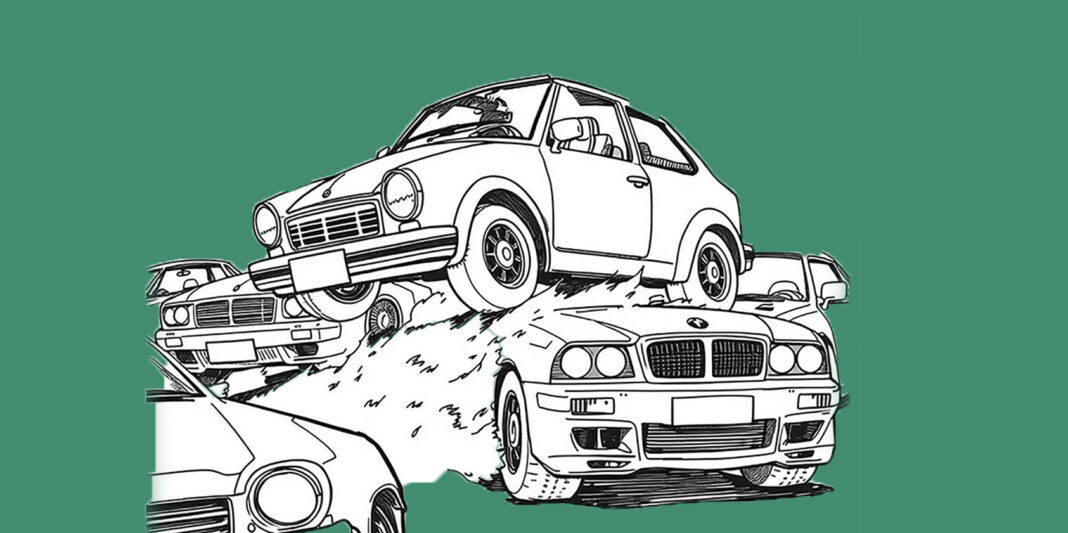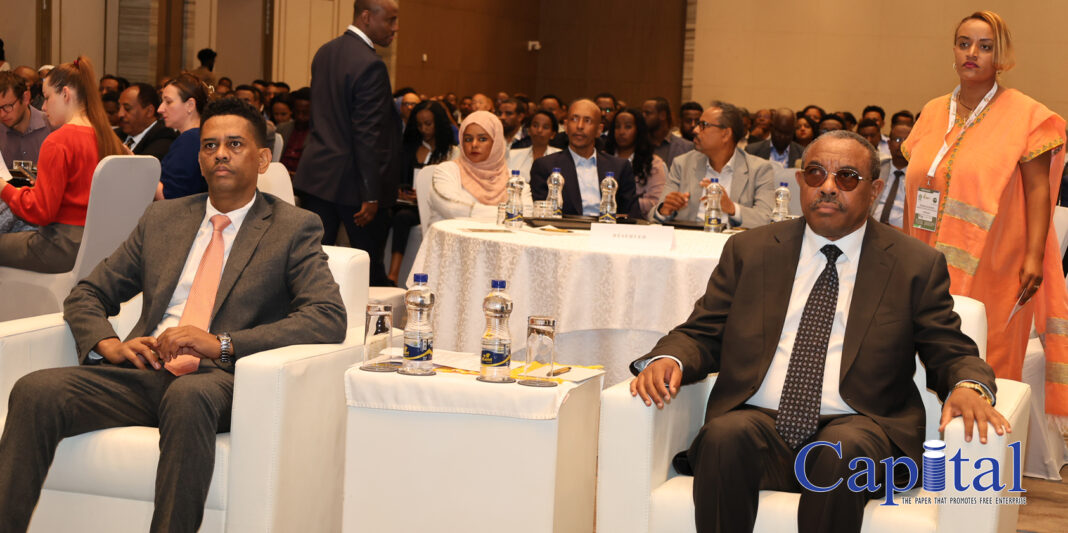The issue of traffic violations in Ethiopia profoundly undermines road safety and public trust. Despite numerous traffic regulations, the persistence of violations—especially by those entrusted with enforcing these laws—signals systemic challenges that demand urgent attention and reform. Among the most troubling facets is the widespread impunity afforded to vehicles with military plates and heavily tinted windows, which frequently disregard traffic signals and rules with virtual immunity. Even traffic police often turn a blind eye to such violations, seemingly prioritizing their job security over law enforcement. This culture of selective enforcement fosters a dangerous environment where rule-breaking becomes normalized.
Ethiopia’s traffic violation problem is multi-dimensional. Beyond the privileged vehicles, there is a general lack of discipline among all road users who commonly ignore fundamental rules such as stopping at red lights, observing correct turning, maintaining lane discipline, and respecting right-of-way. This widespread disrespect for the law directly contributes to the country’s alarming rate of road traffic accidents (RTAs). According to research, driver error is responsible for over 80% of road accidents nationwide. Ethiopia is known internationally for having one of the highest road traffic fatality rates per 100,000 vehicles, reflecting a severe public health crisis.
The problem stretches beyond individual driver behavior to systemic gaps in enforcement. Traffic police enforcement is often inconsistent and weak, partly due to fears of retaliation or losing employment if they challenge powerful violators. This lack of consistent enforcement fails to deter offenders and results in chaotic, unsafe traffic environments. The habitual violations include speeding—where about 44% of vehicles in cities like Addis Ababa exceed speed limits—running red lights, failure to yield right of way, distracted driving, illegal parking, overloading of vehicles, and driving under the influence of alcohol or substances. Vulnerable road users, especially pedestrians, bear the brunt of this poor road discipline, accounting for up to 80% of traffic fatalities in urban areas.
The condition of roads and traffic infrastructure further exacerbates these dangers. Ethiopia’s road design often does not adequately accommodate non-motorized users, while poor maintenance and lack of traffic calming measures lead to unpredictable and hazardous driving conditions. Moreover, the mixed traffic involving motor vehicles, pedestrians, motorcycles, and sometimes animals, combined with poor lighting and inadequate signage, creates a complex environment where accidents can easily occur.
This pattern, while severe in Ethiopia, is not unique. Countries like India, Malaysia, and the Philippines also grapple with high traffic-related death rates and widespread rule violations. However, examples from countries like Norway show that strict, consistent enforcement of traffic laws correlates strongly with reduced fatalities.
Reframing the legal and cultural approach to traffic violations is imperative. Violations should no longer be treated as minor infractions, but rather as serious offenses with consequences proportionate to their potential harm. Everyone on the road—private citizens, government officials, and even military personnel—must be held accountable without exception.
Effective reform must start with enhancing the capacity and independence of the traffic police, ensuring they can enforce laws impartially and without fear of reprisals. Training, resources, and public support for law enforcement are crucial. Additionally, public awareness campaigns need to reinforce the connection between traffic discipline and saving lives, emphasizing shared responsibility.
One possible strategy is adopting a “zero tolerance” policy on violations, particularly red-light running and speeding, supported by technologies like automated traffic cameras to reduce discretionary enforcement. Furthermore, improving road infrastructure—such as pedestrian crossings, clearer signage, and better lighting—can help mitigate risks.
The traffic safety crisis in Ethiopia reflects a wider systemic failure marked by institutional weaknesses and cultural attitudes that tolerate or even encourage rule-breaking. Changing this will require coordinated government action, empowered and supported traffic enforcement, infrastructure improvements, and a shift in public attitudes to respect the law. Only then can Ethiopia begin to reduce its traffic death toll and build safer roads for all users, without exceptions for the privileged or powerful.







